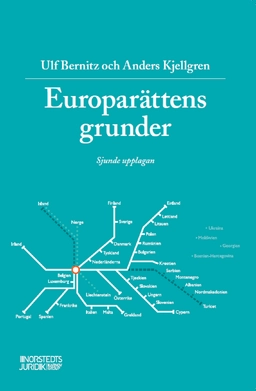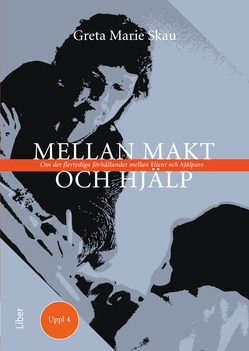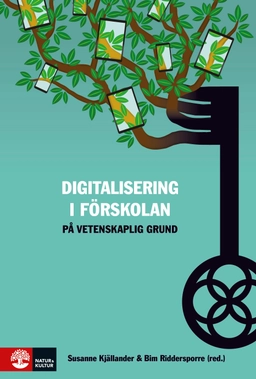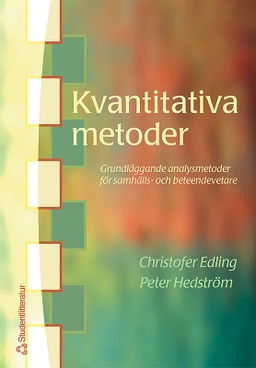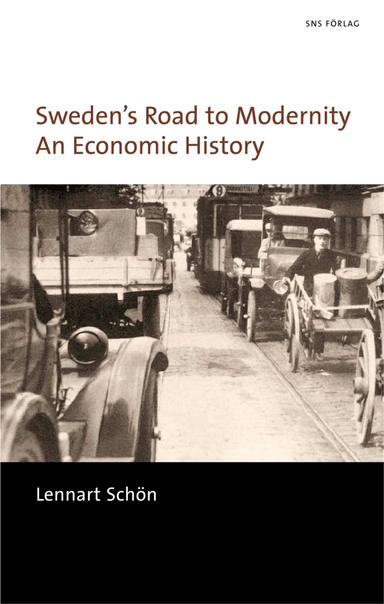

Sweden's road to modernity : an economic historyUpplaga 1
- Upplaga: 1a upplagan
- Utgiven: 2011
- ISBN: 9789186203429
- Sidor: 494 st
- Förlag: SNS Förlag
- Format: Häftad
- Språk: Engelska
Om boken
Åtkomstkoder och digitalt tilläggsmaterial garanteras inte med begagnade böcker
Mer om Sweden's road to modernity : an economic history (2011)
I januari 2011 släpptes boken Sweden's road to modernity : an economic history skriven av Lennart Schön. Det är den 1a upplagan av kursboken. Den är skriven på engelska och består av 494 sidor djupgående information om ekonomi. Förlaget bakom boken är SNS Förlag som har sitt säte i Stockholm.
Köp boken Sweden's road to modernity : an economic history på Studentapan och spara pengar.
Tillhör kategorierna
Referera till Sweden's road to modernity : an economic history (Upplaga 1)
Harvard
Oxford
APA
Vancouver



